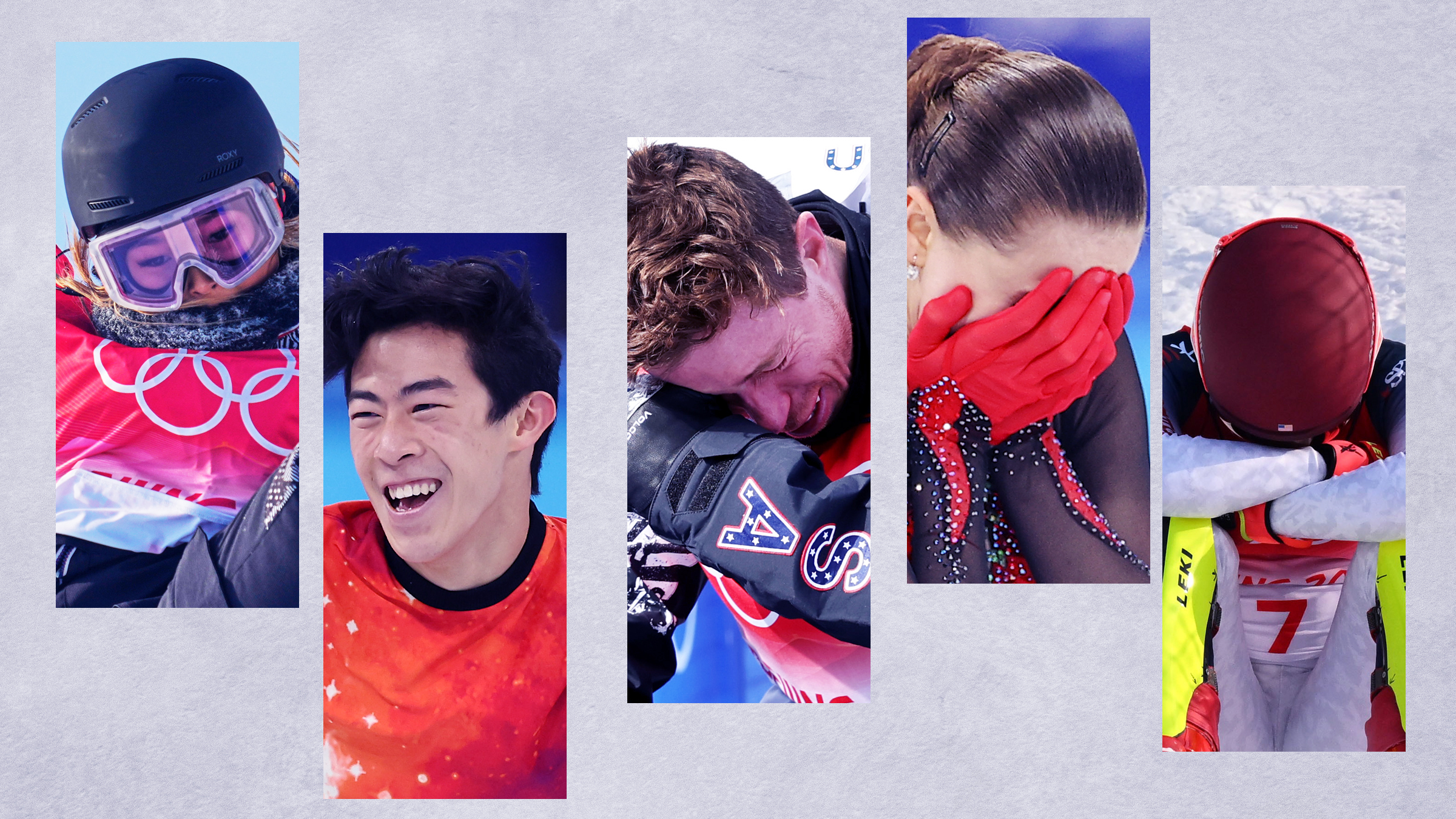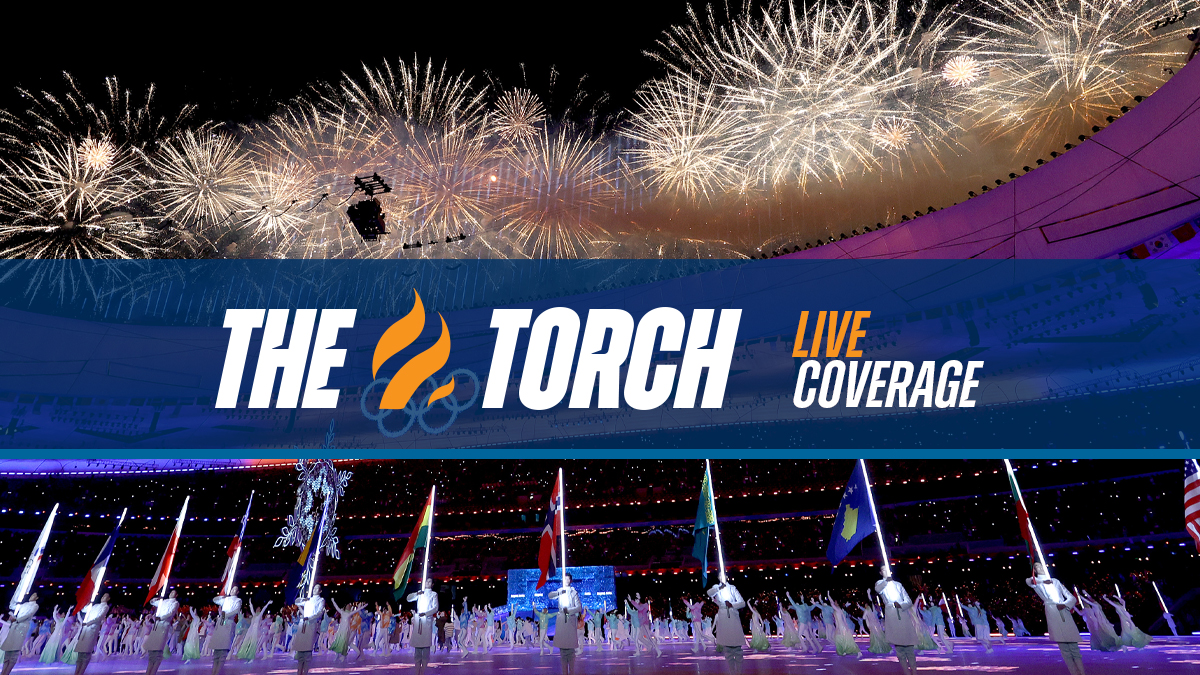Kamila Valieva has advanced to the free skate medal final amid a controversial doping scandal.
The 15-year-old Russian figure skater, who was cleared a day earlier to compete at the 2022 Winter Olympics despite failing a pre-Games drug test, overcame a near-trip after her opening triple axel and received the top score at Tuesday's women's short program, earning 82.16 points. Valieva broke into tears as she skated off the ice at the end of her routine.
If Valieva finishes in the top three at Thursday's free skate finals, there won't be a medal ceremony or podium presentation. The International Olympic Committee, concerned that she could still be banned after a full doping case investigation, said it would instead “organize dignified medal ceremonies” at some future point. The organizing committee did not explain where or how it might be held.
Her doping controversy has reshaped the women's competition. Traditionally, only the best 24 skaters advance to the free skate, according to the short program qualification rule. But 25 skaters are moving on to Thursday's final round, with an extra skater added to the roster so that if Valieva is later disqualified, enough athletes were able to have competed and gotten a fair shot at gold.
Get top local stories in Southern California delivered to you every morning. >Sign up for NBC LA's News Headlines newsletter.
Valieva tested positive for the heart drug trimetazidine on Dec. 25 at the Russian nationals. It wasn't until after Valieva's dominant performance in the team event that helped the Russian Olympic Committee win gold, that the drug test results from a Swedish lab came to light.
That led to the postponment of the medal ceremony for the team event, in which the U.S. won silver and Japan took bronze.
The Russian anti-doping agency (RUSADA) immediately suspended her, then lifted the ban a day later. The IOC and others appealed, and an expedited hearing was held Sunday night.
Beijing 2022 Winter Olympics
Watch all the action from the Beijing Olympics live on NBC
Valieva's lawyer Denis Oswald said during the hearing that Valieva failed a doping test because of contamination from medication her grandfather was taking.
The Court of Arbitration for Sport ruled Monday that Valieva did not need to be provisionally suspended ahead of a full investigation by the Russian Anti-Doping Agency that could take months to resolve. The court cited Valieva's status as a minor, or "protected person," and the "serious issues of untimely notification" of her positive test as factors in the favorable ruling.
“The panel considered that preventing the athlete to compete at the Olympic Games would cause her irreparable harm in the circumstances,” CAS Director General Matthieu Reeb said.
Valieva landed the first quadruple jump by a woman at the Olympics, a feat that helped catapult the ROC's score to win gold in the teams event. If Valieva and Russia end up getting disqualified after the doping probe, Team USA would be bumped up to gold, Japan would get silver and fourth-place finisher Canada could move up to bronze. For now, the Americans will leave Beijing unsure if they silver or gold.
“We are devastated that they will leave Beijing without their medals in hand, but we appreciate the intention of the IOC to ensure the right medals are awarded to the right individuals,” the U.S. Olympic and Paralympic Committee said in a statement.
Still, Valieva and her teammates are trying to extend an era of Russian dominance in women's figure skating at the Olympics. All three ROC skaters finished in the top four, with reining world champion Anna Shcherbakova taking second with 80.60 and Aleksandra Trusova finishing fourth with 74.60. Japan's Kaori Sakamoto placed third with 79.89 points.
The Russian women are all coached by Eteri Tutberidze, the former ice dancer-turned-kingmaker who has been criticized for pushing young skaters to extreme limits in the pursuit of Olympic medals. The investigation into Valieva's doping scandal will focus on Tutberidze and the rest of the entourage that has surrounded the young skater in the lead-up to the Olympics.




